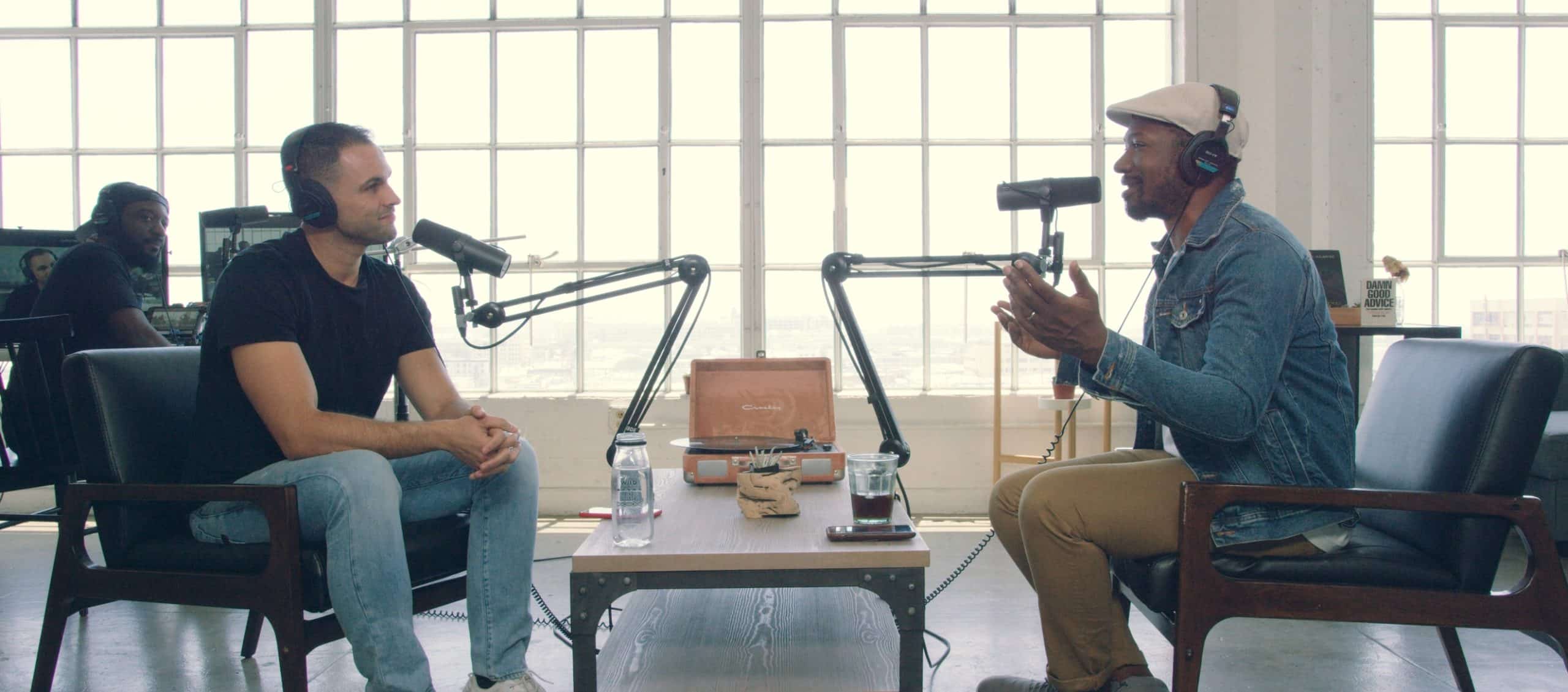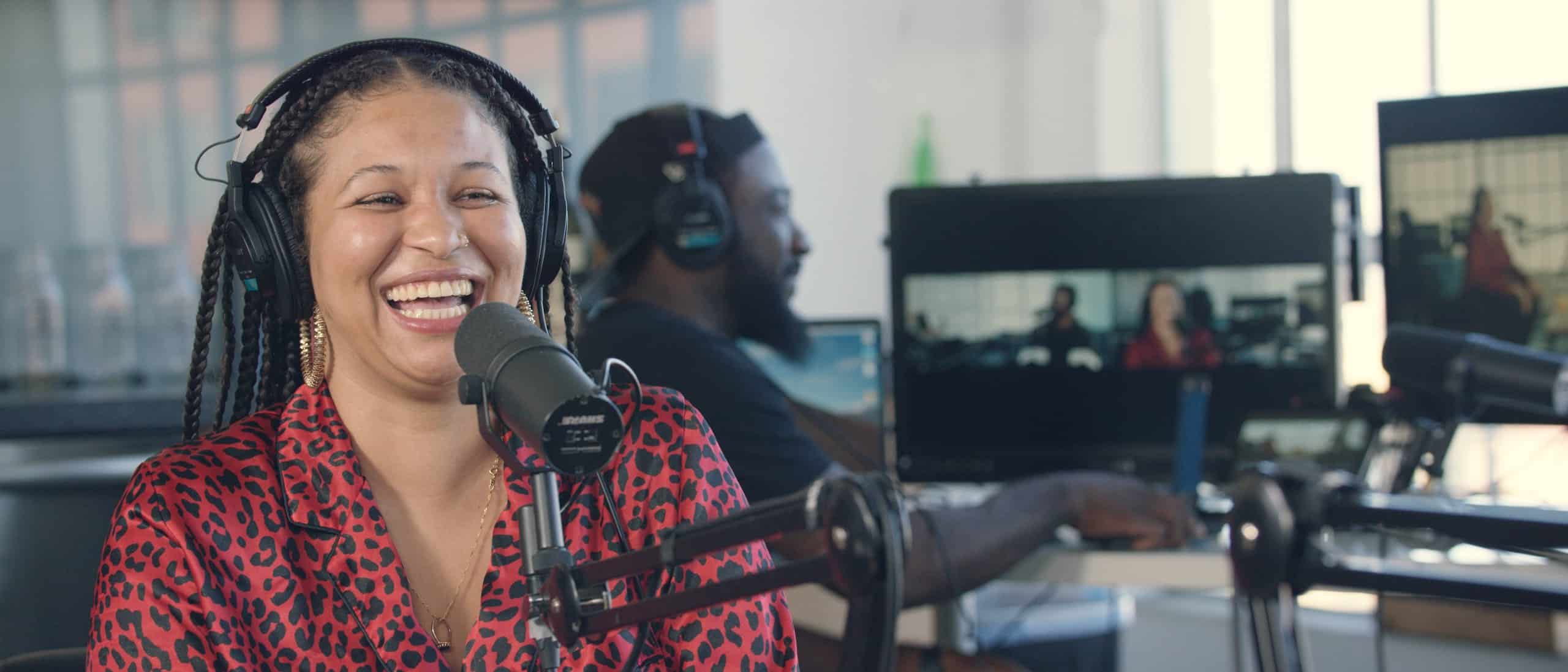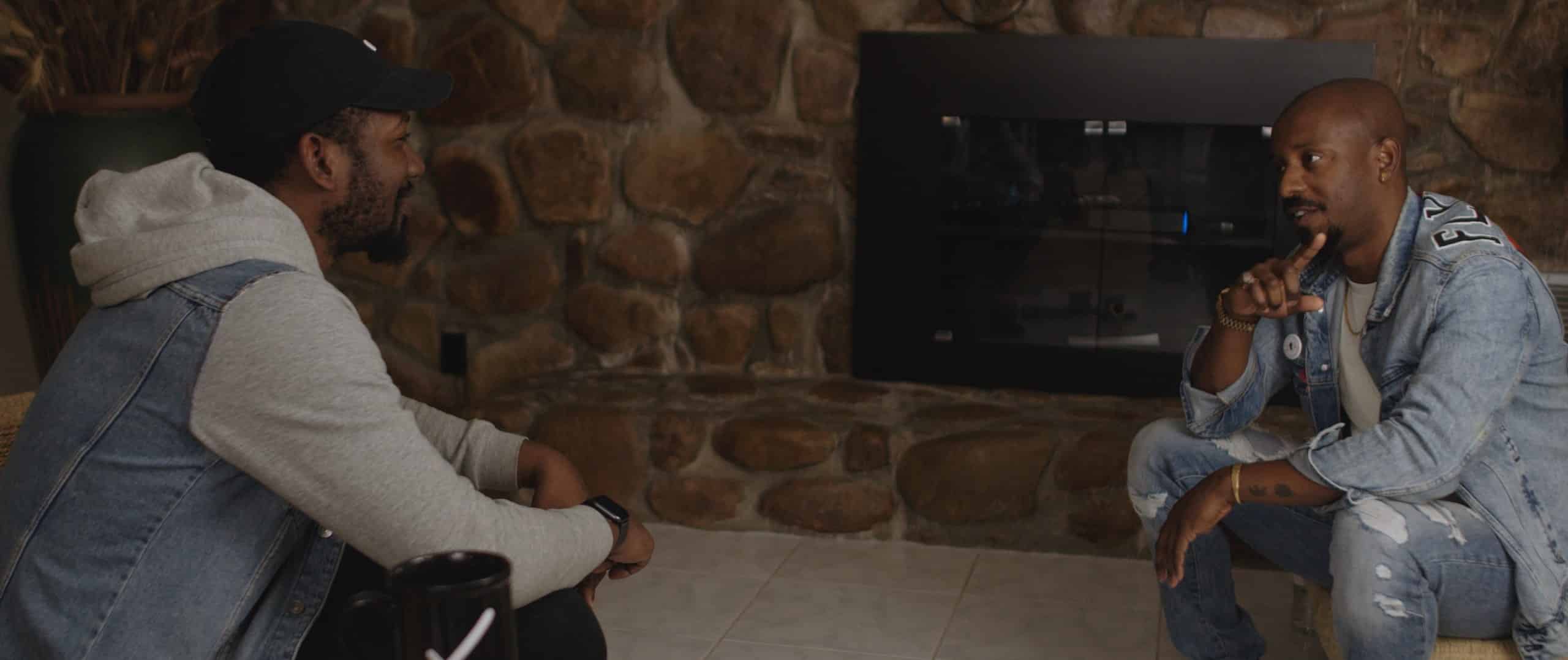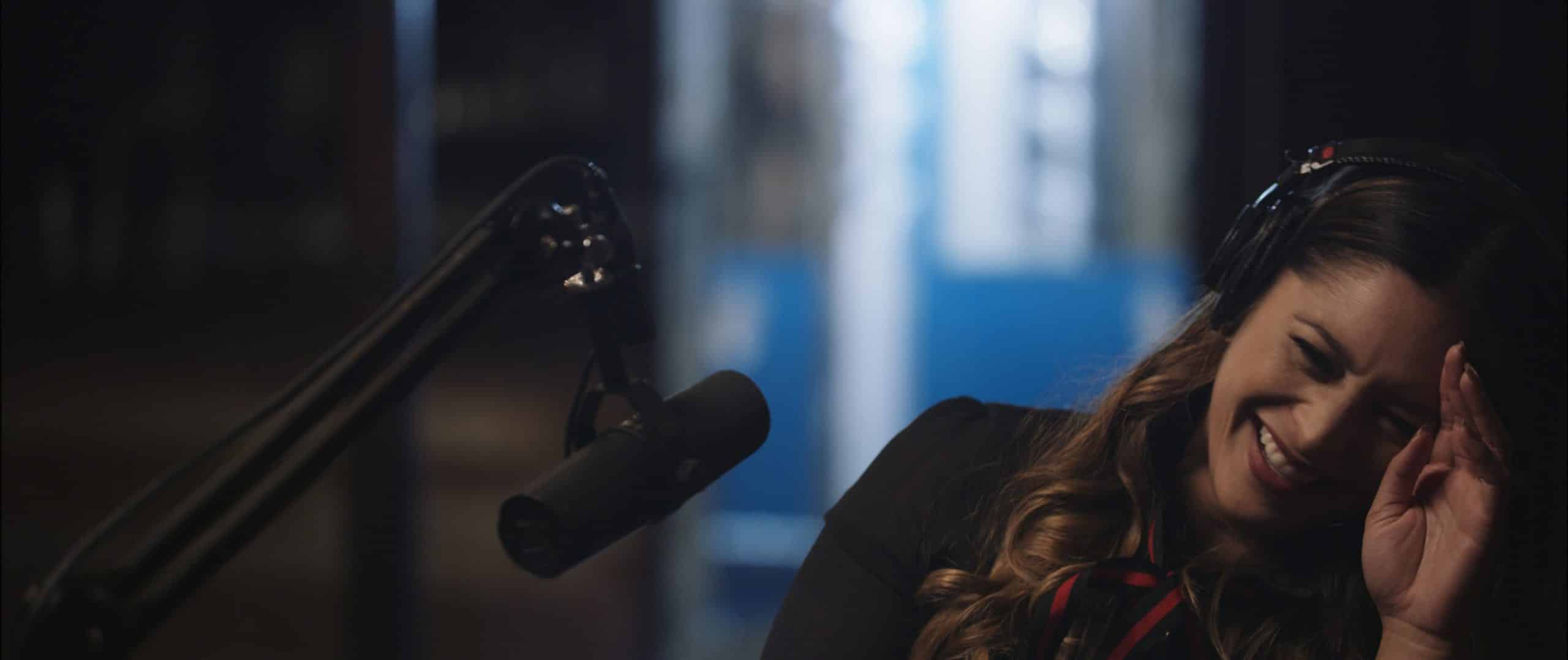Tips to Making a Podcast That Thrives
Podcasts are becoming more popular every day. There are more than a million active podcasts. Why? Because they make money. Close to a third of Americans listen to a podcast each month. Advertisers have taken notice. Creating a podcast is not that difficult. It’s just a matter of getting anyone to listen! I’m paraphrasing Marc Maron, one of our most popular podcasters. We’re going to share some tips of the trade with you to help you get the right equipment, pick your theme, and find the right audience for your podcast.
Let’s start by getting clear on what a podcast is. Simply stated, it is a spoken form of entertainment, which provides content, commentary, and analysis of many topics and is available over the internet.
You don’t need to be a journalist or a broadcaster to make this format work for you, but you do need to know some basic rules. Read on to learn our tips and tricks to creating a winning podcast.
Podcasting Starter Guide
Podcasting is a great technology and allows anyone with an idea to easily get into the market. Where you take that podcast is on you. While there is no magic bullet for success, there are some tips that can get you started on the right foot.
- You must stick with it and make it fun for yourself. Start by knowing what your intent is from the beginning. Is it storytelling, giving advice, and educating or entertaining?
- You must deliver consistent content, so your audience knows when and what to expect from you. While most podcasts sound “improv” and off the cuff, the most successful podcasters spend many hours before each show planning and researching, writing, recording, and producing the show.
- Look for unique and random content. If you are hosting a guest, find the things we haven’t heard hundreds of times before. Dig deeper for the unexpected.
- Be realistic about your expectations. Keep them modest, as clinging to that “million-dollar idea” is sure to leave you disappointed.
- Listen to, and engage with other people who do podcasts. Learn from them, their content, and their quality and production.
The essential elements needed for podcast success
- Know your topic! Try to talk about things you know well and are passionate about. If you need more info on a particular topic, do the research and get up to speed. The great thing about recording a podcast is that you can cut in and out.
- Understand your audience. Know precisely who you are talking to—the more targeted your audience, the better. You will gain listeners and fans if they think you are talking directly to them about relevant things.
- Know your guests! Before the interview learns as much as you can about your guest. Mispronouncing a guest’s name is a big no. Find everything you can about the guest, and then chat before the show to find out if there are new passions, projects, or ideas that he or she would like to cover. And maybe taboo topics.
- During the podcast, help the guest out. Engage, and roll with where the conversation seems to be going. Try to keep it spontaneous.
- Listen! Master the art of listening- to your guests and your listeners. Solicit input from your listeners. What do they want to hear? What did they enjoy or not enjoy?
- Keep it tight! Listeners tend to drop off the longer podcasts. A good average length is 15 to 30 minutes. Leave them wanting more.
Pro-Tips: How to make a great podcast that thrives
Equipment: No need to blow thousands but get a decent microphone and headset; with a functioning laptop, you are good to go.
Content or Theme: As noted above, pick a theme you are passionate and knowledgeable about. Your interest and experience will shine through and convince people you are worth hearing.
Practice, practice, practice: Keep recording and keep learning and studying the other podcasters and people working on your topic on other platforms. You’ll get there.
SEO: This is a big one. Remember that iTunes and Google Podcasts are search engines. Try to pop in a few keywords in your podcast titles and descriptions to get a boost to your rankings and grow your audience. Keep it sounding organic and not forced.
Find great guests: Let’s face it, even you may get tired of the sound of your own voice. Network, research, do everything you can to find guests that your audience will find helpful and exciting. You may reciprocate by guesting for them. Search for bloggers in your space and reach out to see if they want to guest. Many are happy for the exposure and practice “off the written” page.
How to create killer podcast content
Your listeners tune in each week because you have what they want- content that is engaging, entertaining, or informative, and that consistently speaks directly to them and their needs. These are the listeners who will become your raving fans and help you build your following by sharing, commenting, and talking about you. That means the content is everything.
Here are some tips to keep your content interesting and relevant to your target:
- Your theme must be something you are passionate about. Talking about things that interest you will help you be authentic, and your interest in the topic will be evident and contagious. If you are bored, your listeners will know and will be too.
- Before you start your podcast, you will need a clear idea of your target audience. Many people identify an avatar representing one person who would embody all the qualities of your target- age, sex, geographic location, likes, dislikes, finance, pain points, interests. This will help you be specific and talk to “someone” vs. “everyone.” Your litmus test for content is then -“will this help him? entertain him? educate him? engage him?”
- People love stories. Tell a story that has a beginning, middle, and end. Remember the old story arc with setup, conflict, and resolution? It works. Take your reader on a journey.
- Give them a takeaway. Try to provide a next step that your listener can take as a result of your podcast. Make your podcasts actionable with steps they can take to get the result you talk about. This will keep them coming back.
- Focus! Do the work upfront and outline what you are going to talk about, and stay on track. Keep a loose outline or script to be sure you can stay on topic.
- Engage your listeners by asking questions or soliciting comments. People love a community, and this engagement invites them to meet new “friends” with similar interests.
- Choose your guest carefully. Many pop around the circuit now, but be careful not to have a guest just to add another voice. Your guest must be relevant to your topic and listener. A guest must also be knowledgeable about the issue and bring to the podcast an angle, perspective, or information that you don’t have. Make sure he or she can pull this off in an entertaining manner. Nobody wants to listen to a stiff.
- Perfect your audio. Nothing will sink your credibility and lose your audience faster than poor sounding audio. It distracts and even annoys and screams “amateur.”
- Lots of podcasters forget this next one. Tell your fans where to learn more. If you have a website, send them there. Otherwise, cite relevant videos, blogs, or websites that can add detail for those who want to take a deeper dive.
Don’t I need expensive equipment to make a podcast?
Be sure you have good equipment. Special tools for audio content are microphones, headphones, and audio editing software. No need to create an entire recording studio, but you should have quality equipment. And you will need an excellent hosting service such as SoundCloud, iTunes, Spotify, or YouTube. These are all free.
Are you ready?
You have the basics. Just get starting following these steps:
- Choose your topic
- Decide is you will have a co-host
- Pick a cool but relevant name for your podcast
- Nail down your format, length, and style.
- Get your equipment lines up
- Get going!
Get in on the podcast boom and start sharing your story today!





